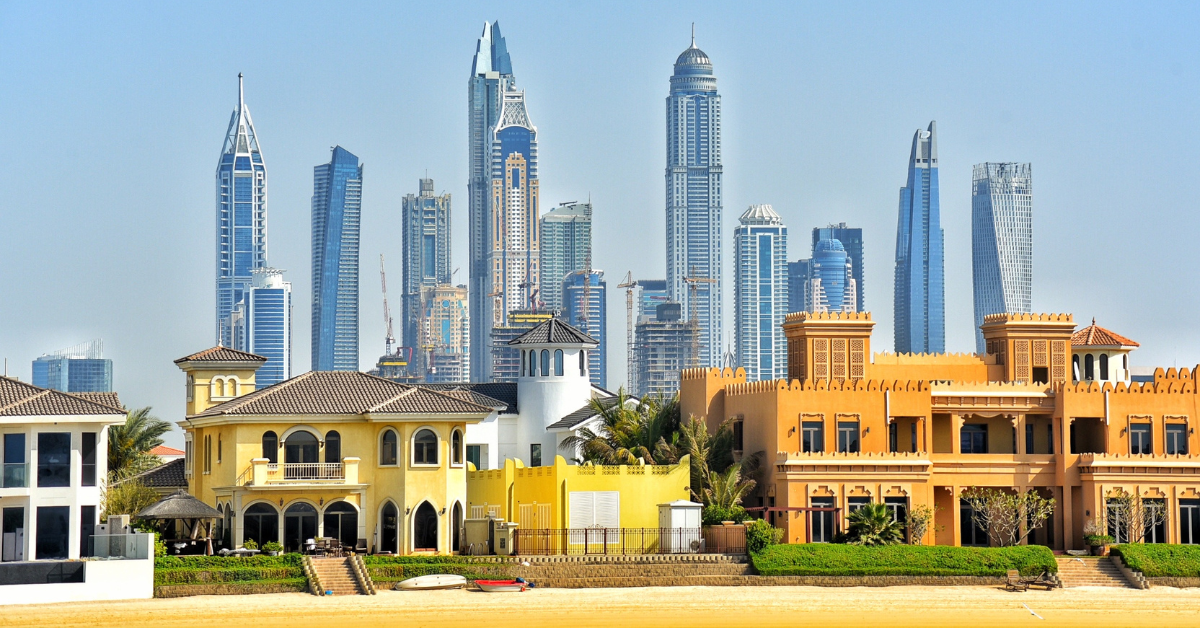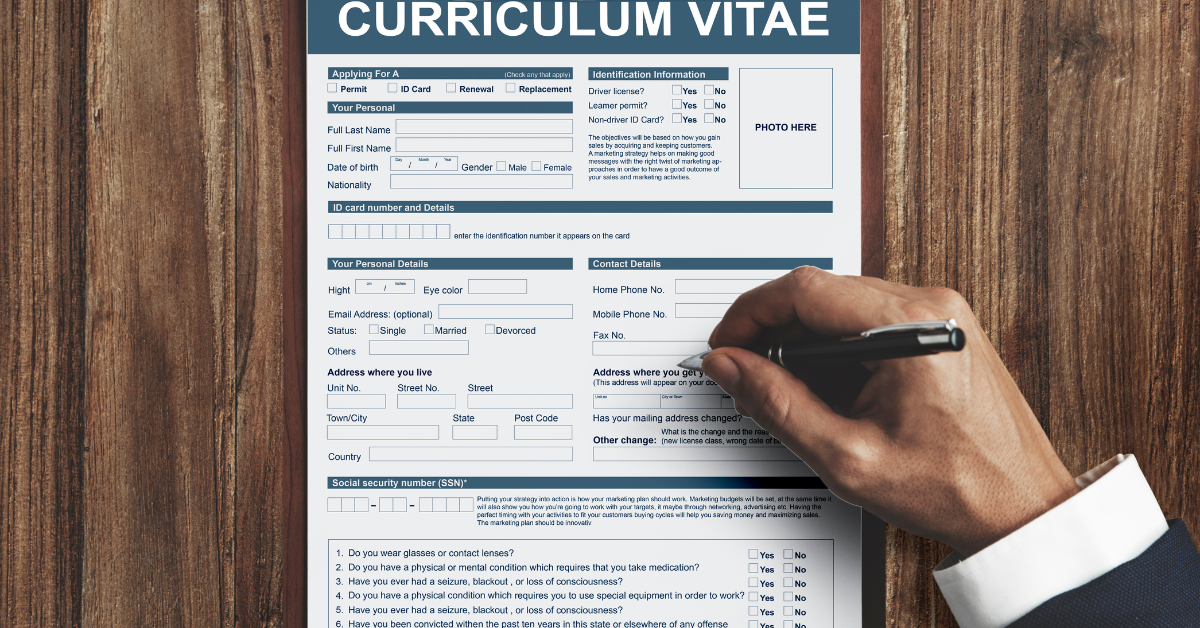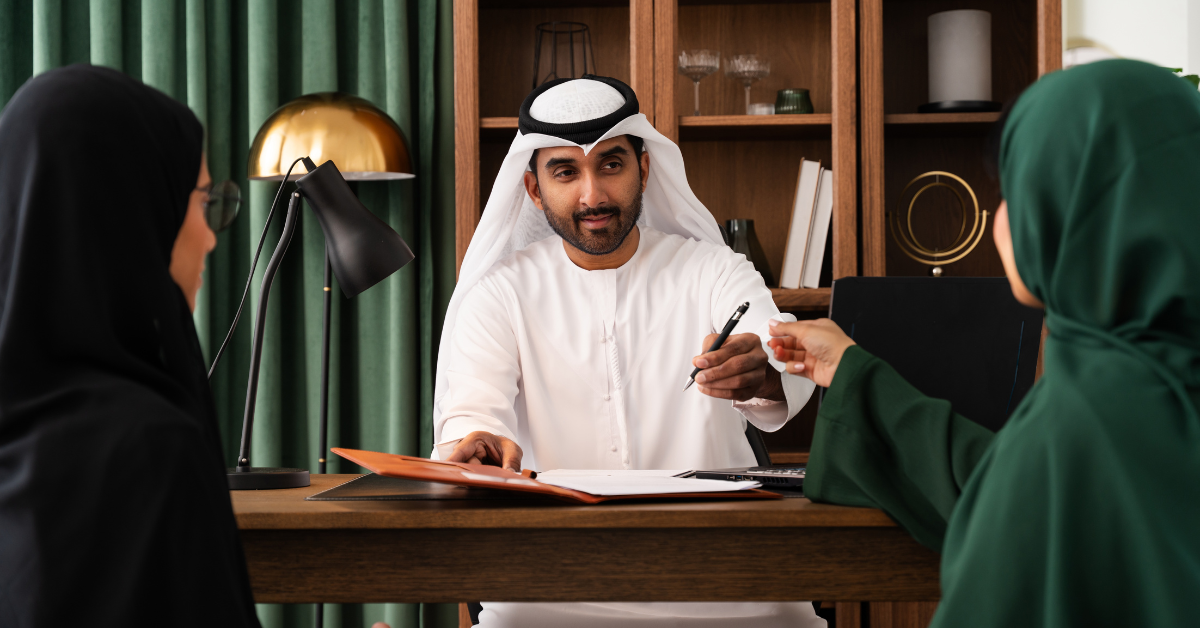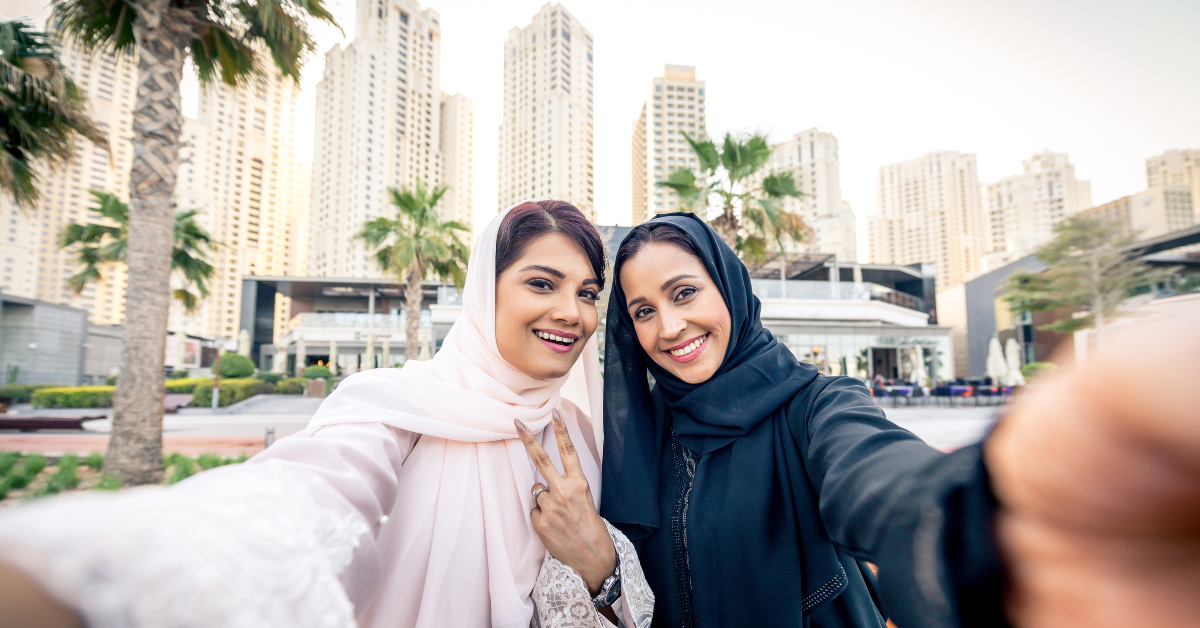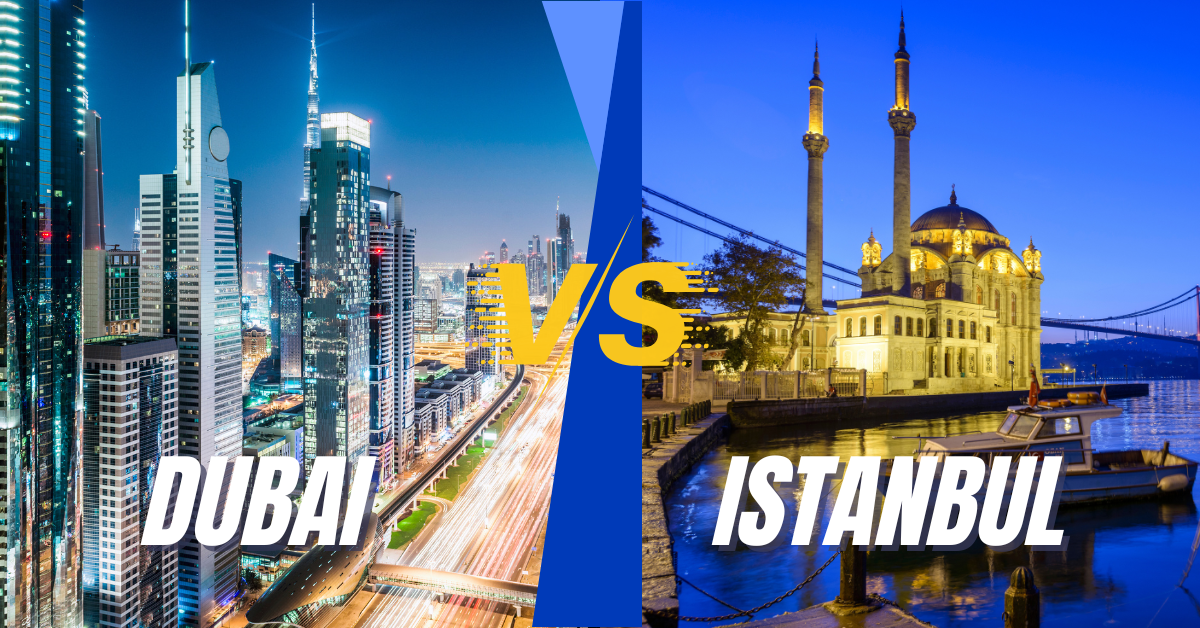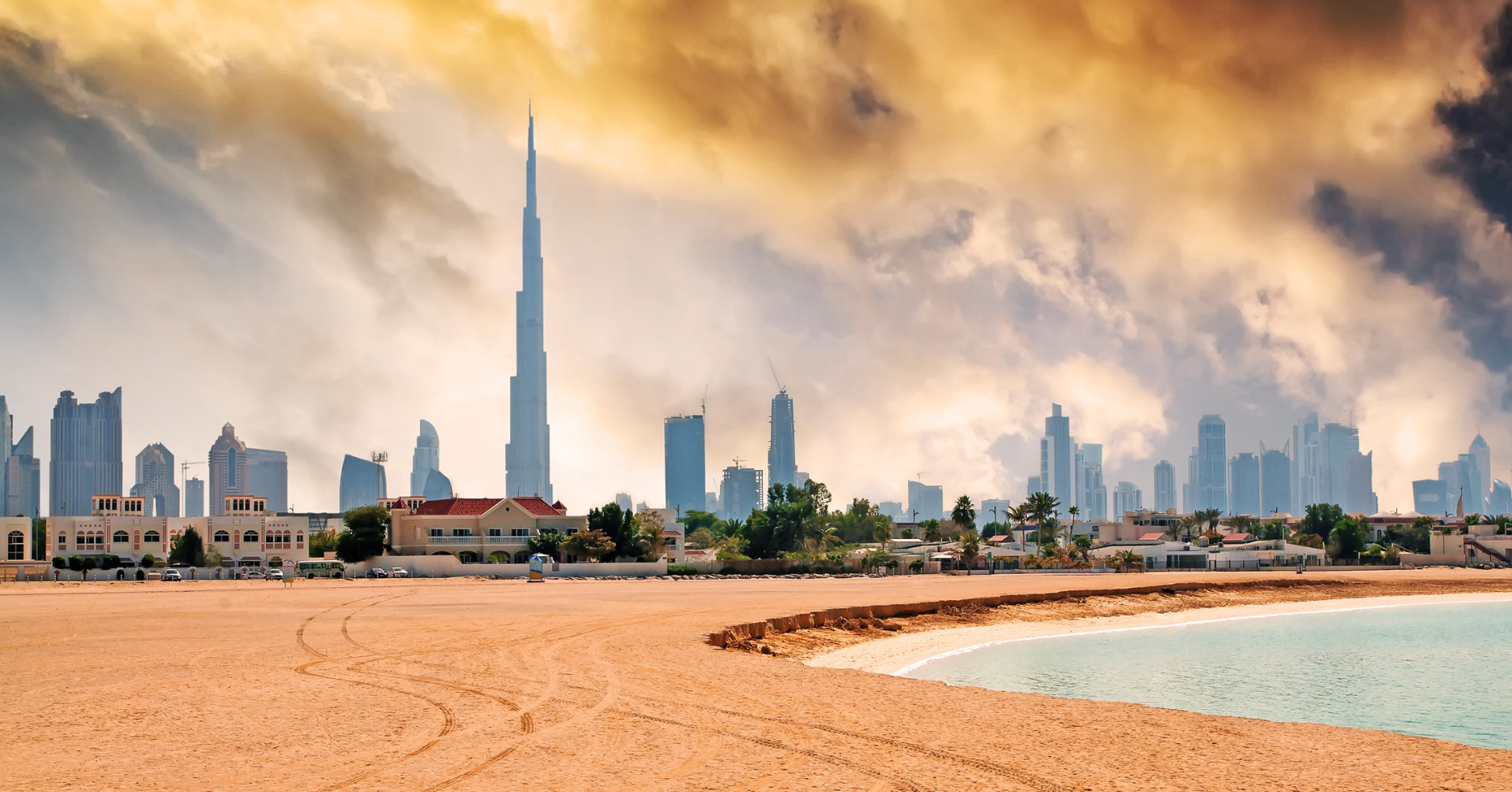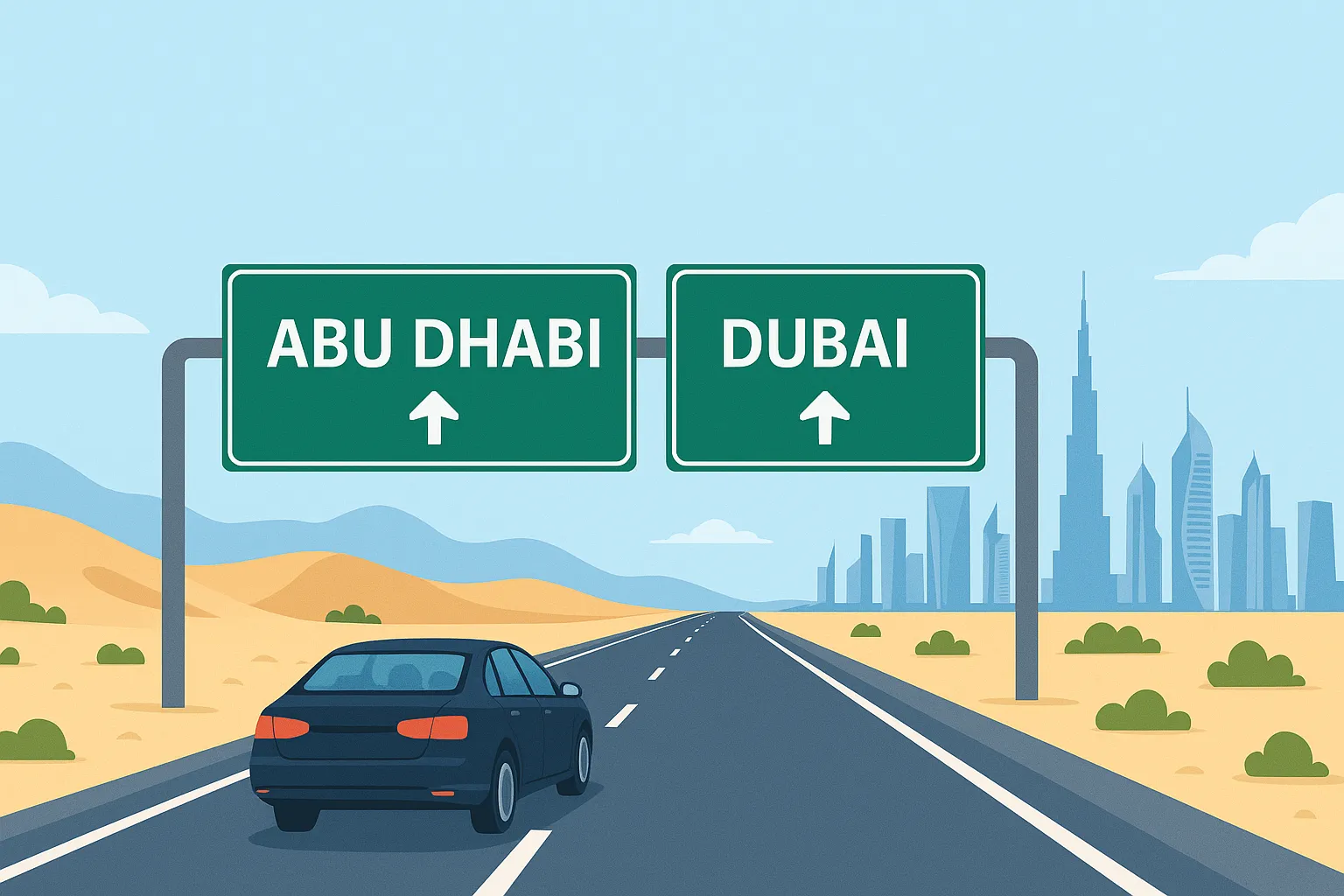Renting vs Buying Property in Dubai Pros, Cons, Costs

Pros, cons, and costs of renting vs. buying property in Dubai
One of the most important financial decisions you’ll have to make is whether to rent or buy a property. This is especially true in a fast-changing market like Dubai. Each choice has its own set of pros and cons. Your finances, long-term goals, and preferred way of life will all play a role in your choice.
This guide goes into great detail on the differences between renting and buying property in Dubai. We will look at the benefits, cons, and expenses of each option. Knowing these things will help you make a smart choice that fits with your goals as an expat, resident, or investor.
Renting a Place in Dubai
Most of Dubai’s expats rent their homes, which is the most typical way to get property. It is a good choice for people who are new to the area or not ready to settle down permanently because it is flexible and doesn’t demand a lot of money up front.
The Benefits of Renting
- More freedom: Renting is a good choice if you’re not sure what your long-term plans are. You can quickly move to a new job, a different area, or even quit Dubai completely with an annual rental contract. You don’t have to worry about selling your home.
- Less Money Up Front: Renting costs a lot less up front than buying. Typically, you have to pay a security deposit (typically 5% of the annual rent) and agency fees. This is much easier than making a hefty down payment.
- Monthly Expenses You Can Count On: Your main housing cost is the annual rent, which you usually pay in one to four checks. You know exactly how much your basic housing costs are, even though other bills like DEWA (water and electricity) are separate.
- No Maintenance Worries: The landlord is usually in charge of big repairs and maintenance. If the air conditioner fails or there is a plumbing problem, you don’t have to pay for or deal with locating a repairer.
The Drawbacks of Renting
- No Equity Building: The worst thing about this is that your rent payments don’t add to your own wealth or equity. The landlord gets the money right away, and you don’t have anything at the end of your term.
- Rental Instability: The RERA (Real Estate Regulatory Agency) rental index sets limits on how much landlords can raise the rent each year. They can also choose not to renew your lease, which means you have to move.
- Limited Customization: You can’t make big modifications to the property or remodel it very much. Most of the time, you need the landlord’s permission to make any changes, even painting a wall.
The Costs of Renting in Dubai
If you want to rent a place in Dubai, be ready to pay these expenses up front:
- Pay the annual rent in one, two, or four checks that are post-dated.
- The security deposit is usually 5% of the annual rent for an unfurnished property and 10% for a furnished one. This can be returned at the conclusion of the lease, as long as there are no damages.
- Fee for the agency: Usually 5% of the rent for the first year.
- Ejari Fee: This is the cost of registering your rental agreement, which is required. It costs about AED 220.
- DEWA Deposit and Connection: A deposit that can be returned and setup fees for water and electricity services.
Purchasing Real Estate in Dubai
Expatriates are more and more interested in buying property in Dubai because of government programs and the chance to make money in the long term. It costs a lot of money, but it gives you security and a chance to develop equity in one of the most fascinating cities in the world.
The Benefits of Buying
- Building Equity: Every time you make a mortgage payment, you get closer to owning a valued asset. Over time, your property can go up in value, which can make you a lot of money. Your house becomes an investment for the long run.
- Stability and Freedom: You have full control over your living area as a homeowner. You don’t need anyone’s permission to remodel, decorate, or make it your own. You also know that you won’t have to move, which is a good thing.
- If you move, you can rent out your property to make money without doing anything. Dubai’s rental market is strong, which can lead to good returns.
- To get a Golden Visa, you need to invest in property worth at least AED 2 million. This can get you a 10-year renewable Golden Visa that lets you and your family live in the UAE permanently.
The Bad Things About Buying
- High Upfront Costs: The first thing that makes it hard to acquire property in Dubai is the high cost. You need to save enough for a big down payment as well as a number of extra fees and taxes.
- Less Flexibility: It might take a long time and be hard to sell a home. You can’t just pack up and leave if you need to move fast for work or personal reasons. The state of the market may also affect how much you can sell for.
- You are responsible for all the costs of upkeep, repairs, and service as an owner. Over time, these recurrent costs can add up to a lot.
- Market Risks: The value of real estate can change. Property values in Dubai have been going up quickly, but there is always a chance that they could go down, which could leave you with negative equity.
How Much Does It Cost to Buy Property in Dubai
Before making a decision, you need to know how much real estate in Dubai costs.
- Down Payment: For people who live outside the UAE, the minimum down payment is 20% of the property’s worth for transactions under AED 5 million.
- Dubai Land Department (DLD) Fees: A one-time cost of 4% of the price of the property.
- Real estate agents usually charge 2% of the purchase price.
- The DLD gets 0.25% of the loan amount as a mortgage registration fee.
- Fees for the bank and the appraisal: Banks charge fees for setting up the mortgage, and an appraisal of the property is needed.
- Annual Service Charges: These are paid to the developer to keep the building, common areas, and facilities in good shape.
A quick look at the finances of renting vs. buying
Let’s look at a simpler case. Think of a house worth AED 1,500,000 that rents for AED 90,000 a year.
| Part of the Cost | Renting (First Year) | Buying (In Advance) |
|---|---|---|
| Main Cost | AED 90,000 for a year of rent | AED 300,000 (20% down payment) |
| Fees and Deposits | AED 4,500 for the agency and AED 4,500 for the security deposit | AED 60,000 for the DLD and AED 30,000 for the agency |
| Other Costs | AED 220 (Ejari) plus DEWA | Bank Fees + AED 3,750 (Mortgage Reg.) |
| About Total | ~AED 100,000 | ~AED 395,000+ |
The renter pays less up front, but the buyer’s monthly mortgage payments add to their equity. The buyer’s asset grows with time, but the renter’s money is gone. In Dubai, the breakeven point—when owning makes more financial sense than renting—usually falls between seven and ten years, depending on the state of the market.
Deciding What to Do
Choosing between renting and buying property in Dubai is a very personal decision. Think about these important questions:
- How long are you going to be in Dubai? If you want to stay here for less than five years, renting is almost always the better choice because purchasing and selling costs a lot of money.
- How are your finances? Do you have enough money saved up for the down payment and other costs without using up all of your emergency fund?
- Do you value being stable or being able to change? Renting is the apparent victor if you want to be able to move about freely. Buying is more enticing if you want a permanent base and to be in charge of your home.
In the end, you can either rent or buy in Dubai. Choose the appropriate course for you with confidence by analyzing the positives, cons, and expenses against your own situation.

